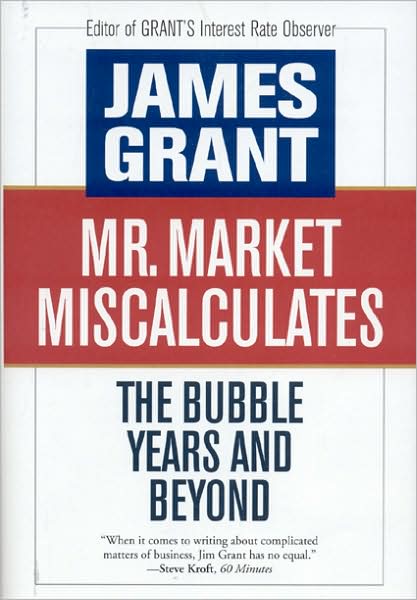Predicting Corporate Events
A client called yesterday, and asked one of my colleagues whether I could create a model that predicted corporate events.? Corporate events are typically purchases and sales of assets or subsidiaries that change the nature of a company, or wholesale change in the capital structure of a company on the whole.
My comment to my colleague was on the order of, “So, another client asking for the impossible again?? It’s one thing to try to do risk arbitrage after deal announcements; it quite another to try to predict deals.? Most of the successful risk arbs stick to confirmed, announced deals.? The guys who try to predict deals, or work with unconfirmed deals have tended to not do so well.”
Then I thought about my old Master’s Thesis, and how it predicted stock splits (another corporate event) with reasonable accuracy.? What worked?? Momentum, valuation, and maybe a few other oddities like insider trading.? Perhaps the same would be true of other corporate events.? After all, highly valued companies use their stock as currency to buy stocks with lesser valuations, and stocks with low valuations tend to buy back stock or increase dividends.
But then I thought about my series, “If you get to Talk to Management.”? Management teams tend not to change over their tenures, unless a change process has been designed in the hearts of a company.? Those few companies that have the change process have a lot of corporate events, and that is built into the stock price.? Those companies can be found by a general search of EDGAR, looking for the most filings reflecting capital changes.? I’m not sure it would be of much use, because they regularly do this; the markets are used to it.
For most companies, given the laziness of managements to do wholesale changes of strategy, it takes a replacement of a significant amount of the management team, i.e., the CEO and/or the CFO to create a lot of corporate events.? Why is this?? Most management teams implicitly assume that there is one way to get business done, and have a limited number of variables to which they are ready to respond. They are also more reputationally and emotionally invested in the mistakes of the past.? It takes real humility to admit to errors and move in a different direction.
As an aside — Perhaps that gives me a good Rumsfeld-esque nonsense question for asking a management team, “What risks are out there that you haven’t considered yet?”? ;)? But better to ask a bunch of companies, “What risks are you ready for that most of your competititors are not ready for?”
Ergo, it often takes a new management team to achieve large changes.? So, tracking management changes could be a leading indicator of corporate actions, and perhaps, excess returns, if combined with a little analysis for undervalution of the assets of the company.
I don’t want to overplay this one.? There are a lot of links in the chain here; I’m not trying to minimize the difficulties here, which include:
- Successfully setting up news retreival sources that sort through the news for major companies, catching the significant news while not getting a lot of unwanted news that doesn’t fit the paradigm.
- Being able to sense the significance of the management change.
- Analyzing the potential increase in value of assets used differently than before, and/or changes in financing.
This doesn’t promise to be easy, but maybe it will surface some promising ideas — I’ve made money on turnarounds before; perhaps this will help with the future.



